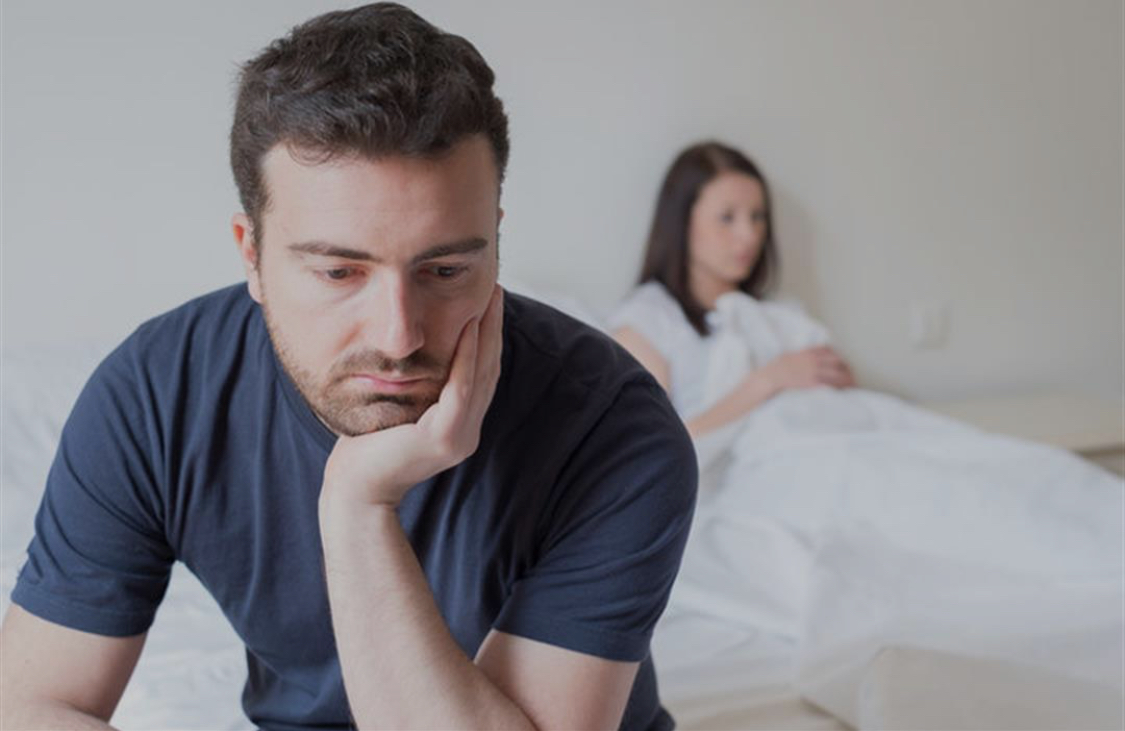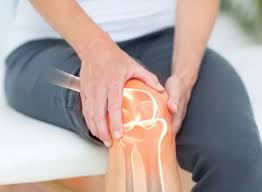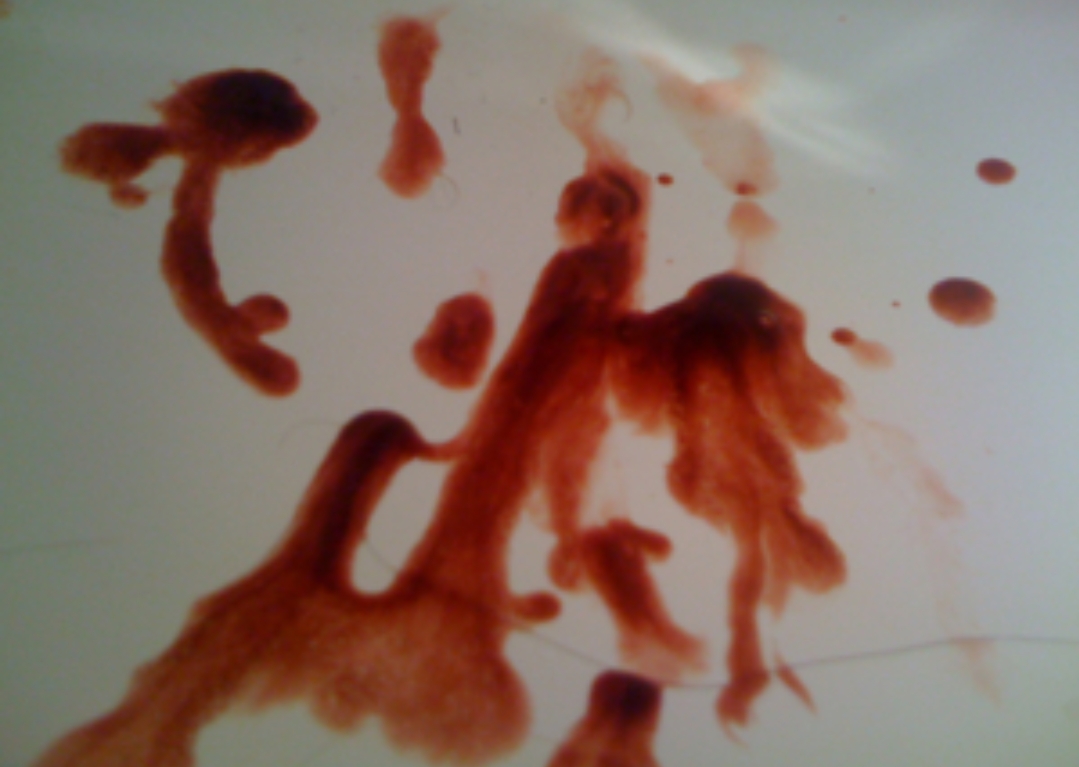Low sexual desire in males and females

is a common condition that can affect sexual life and marital relationships. This issue may result from physical, psychological, or social factors. Below is an overview of the causes and treatment:
Causes of Low Sexual Desire in Males and Females
1. Physical Causes
• Hormonal imbalances: Low testosterone levels in men or imbalances in estrogen and progesterone in women.
• Chronic health problems: Such as diabetes, high blood pressure, heart diseases, and obesity.
• Certain medications: Including antidepressants, antipsychotics, or some blood pressure medications.
• Fatigue and lack of energy: Due to insufficient sleep or physical exhaustion.
2. Psychological Causes
• Stress and anxiety: Daily stress and psychological pressures negatively impact sexual desire.
• Depression: Directly affects mood and sexual desire.
• Emotional or sexual trauma: Such as previous uncomfortable experiences or sexual abuse.
• Low self-confidence: Feeling dissatisfied with one’s body or appearance.
3. Social and Emotional Causes
• Marital problems: Lack of emotional connection or marital conflicts.
• Life routine: Monotony in daily life can lead to a loss of sexual enthusiasm.
• Exhausting social roles: Such as work pressures and family responsibilities.
Treatment of Low Sexual Desire
1. Medical Evaluation
• Consult a specialist (e.g., a urologist or psychologist) to identify the primary cause.
• Conduct hormonal tests or evaluate overall health.
2. Lifestyle Changes
• Regular physical exercise to improve circulation and mood.
• Eating a balanced, healthy diet rich in essential vitamins and minerals.
• Getting sufficient sleep to reduce stress and increase energy.
• Reducing alcohol intake and avoiding smoking.
3. Psychological Therapy
• Cognitive Behavioral Therapy (CBT) to manage psychological stress or anxiety.
• Couples therapy to improve communication and build trust between partners.
• Relaxation techniques, such as meditation or yoga.
4. Medical Treatment
• Medications to stimulate sexual desire (under a doctor’s supervision).
• Hormonal replacement therapy if hormonal imbalance is the cause.
• Adjusting medications if certain drugs are causing low desire.
5. Enhancing the Marital Relationship
• Breaking routine and trying new activities with the partner.
• Building an open and honest dialogue about sexual needs and expectations.
• Allocating time for intimacy away from daily stresses.
If the issue persists, it is important not to ignore it and to seek medical or psychological help, as low sexual desire may indicate deeper problems.







.jpg)








